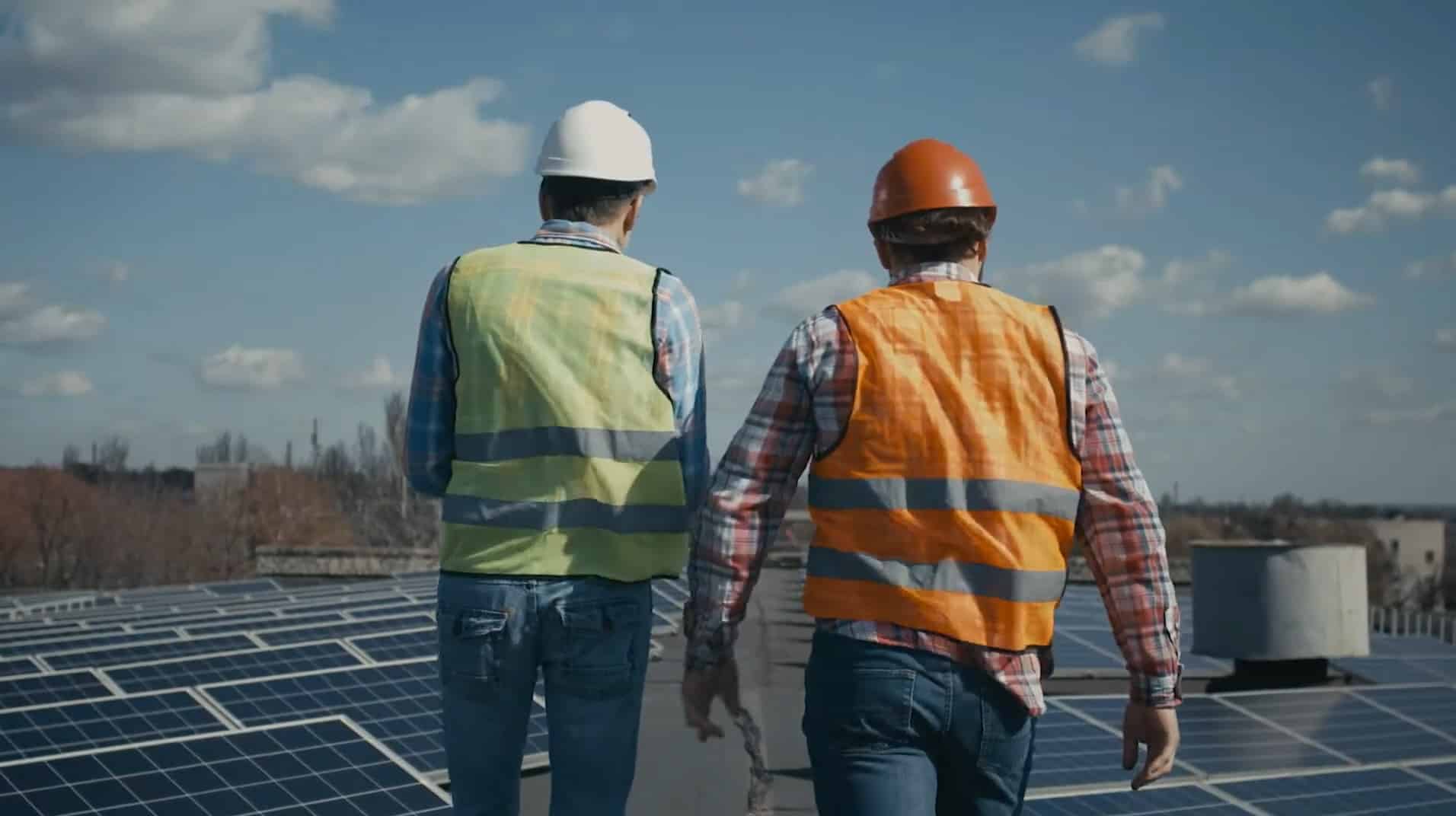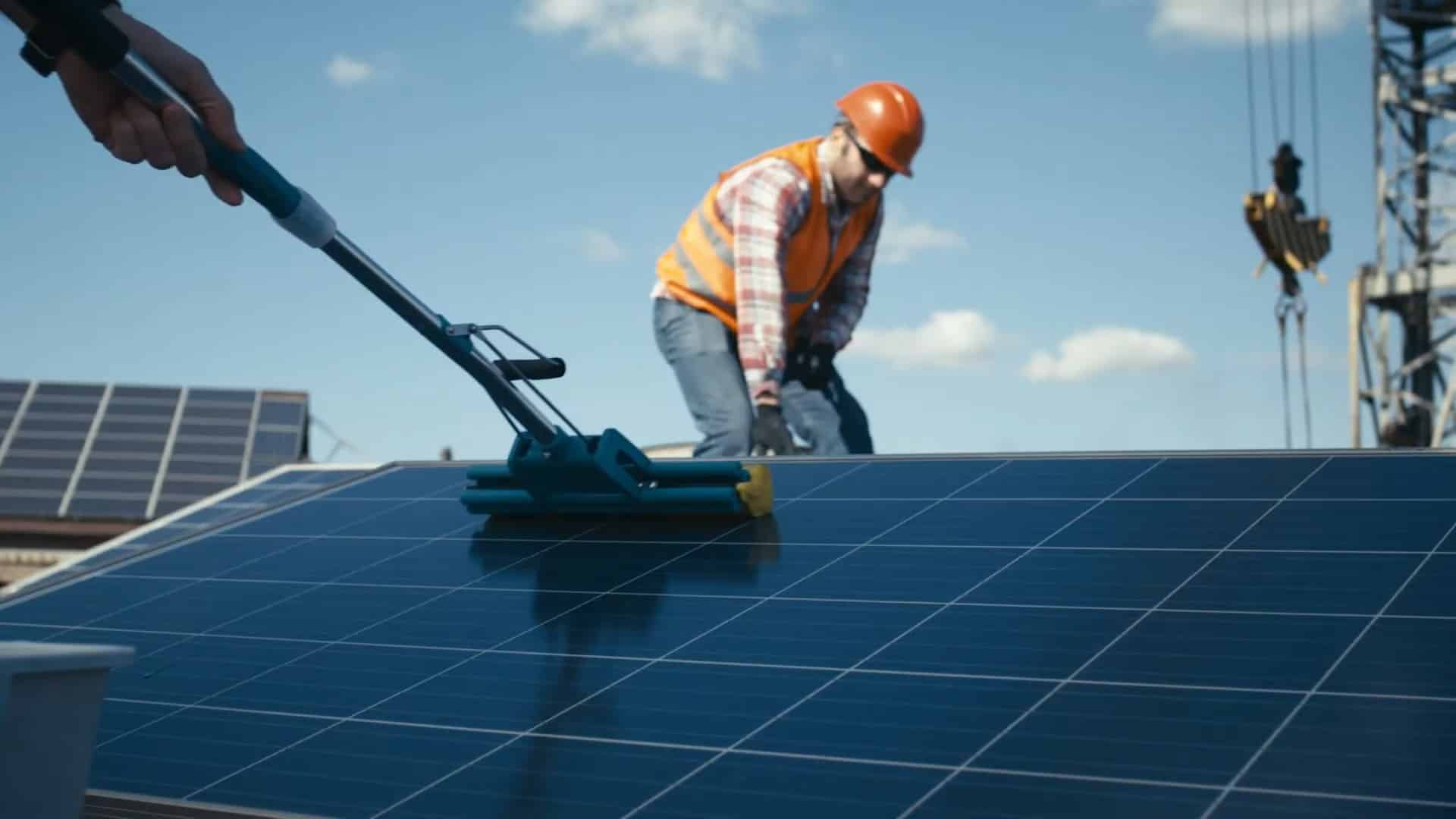Artificial intelligence will play a vital role in the future of the energy sector, especially as it continues to become more digital and decentralised, according to Cyprus Energy Regulatory Authority (CERA) chairman Andreas Poullikkas.
Poullikkas noted that artificial intelligence will complement the energy sector’s efforts toward further digitisation and decarbonisation, with the technology only displaying a fraction of its potential so far.

CERA chairman Andreas Poullikkas
“Despite its potential, today the use of artificial intelligence in the energy sector is limited, as it is mainly used in preliminary tests in making predictions for the maintenance of energy facilities,” Poullikkas said, noting that while AI is useful in this regard, there is unlocked potential in terms of helping to accelerate the global energy transition.
“It is expected that in the coming years, artificial intelligence technologies will be developed on a much larger scale and at a much faster pace in order to accelerate the energy transition from fossil fuels to sustainable energy sources,” he added.
Poullikkas explained that without real-time data, advanced statistical analysis and automation, managing these newly introduced sustainable energy systems will be more complex and perhaps impossible.
Moreover, he stated that artificial intelligence technologies need to be integrated into all activities of energy production, transportation and distribution to accelerate the energy transition.
Artificial intelligence, he explained, is proving to be a key factor in making energy infrastructures more efficient and smarter, with the energy transition being the primary focus and ultimate objective.
“With the help of artificial intelligence algorithms, it will be possible to fully manage all energy facilities throughout their life cycle, categorising data into sectors and thus allowing artificial intelligence to generate useful information for the control and reliability of the energy system,” he said.
One of the examples Poullikkas put forth, involves the use of artificial intelligence in renewable energy production and how future output can be more accurately calculated.
“AI-based systems can analyse data from renewable energy sources, such as solar and wind, to predict their output,” Poullikkas said.
“This can help optimise the integration of renewables into the electricity grid and improve supply reliability, while it can also help reduce the need for fossil fuels by more accurately calculating the future output of renewables,” he added.

The CERA chairman also notes that another way in which artificial intelligence can be used in renewable energy production is through the optimisation of energy storage systems, including hydrogen systems.
Renewable energy sources, such as solar and wind energy, are either variable, intermittent, or a combination of both as energy sources, meaning that proper forecasting and management of the generated energy is a necessity in terms of maximising the amount of stored energy.
“AI-based systems can analyse data from energy storage systems to optimise their performance in terms of reliably drawing energy from the grid and pouring it into the grid,” he stated.
“This will contribute to increasing the overall reliability of the energy system, avoiding wasted energy from renewable sources and in the long term reducing the need for fossil fuels,” he added.
What is more, Poullikkas noted that artificial intelligence is also used to predict equipment failures in renewable energy and storage systems including hydrogen systems.
AI-based systems can analyse data from sensors in sustainable systems equipment to predict when failure is likely to occur.
This can help reduce downtime and increase the overall reliability of renewable energy systems.
By predicting equipment failures, AI can help reduce repair costs by enabling preventive maintenance.
Meanwhile, artificial intelligence is also used to optimise the performance of sustainable energy systems in real-time.
AI-based systems can crunch data from renewable energy systems to improve their performance in real time.
“This can contribute to increasing the overall efficiency of sustainable energy systems,” he said, noting that AI-based systems can be used to improve the performance of renewable energy systems in relation to changes in weather or other variables.
Poullikkas stressed that artificial intelligence can play an increasingly important role in accelerating the energy transition.
“By predicting renewable energy production, optimising energy storage systems including hydrogen systems, predicting equipment failures and enhancing the performance of renewable energy systems in real-time, AI helps improve the efficiency, reliability and sustainability of sustainable energy production energy technologies,” the CERA chairman said.
“As the use of artificial intelligence continues to grow, it will have an even greater impact on improving the efficiency of energy transmission and distribution,” he concluded.







Click here to change your cookie preferences